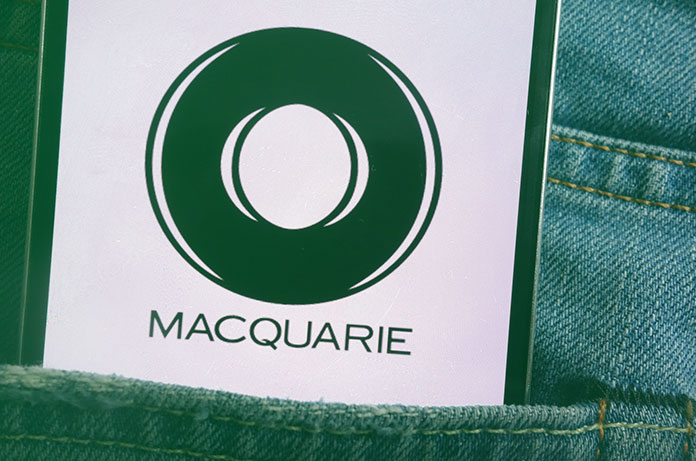
Telstra, Transurban and APT Pipelines all issued euro-denominated bonds over the last few months, accessing the busier than usual European bond market.
In contrast, the domestic corporate bond market has been relatively quiet until last week when Woolworths broke the drought and bought a $1 billion, dual tranche deal to the market. The first five year, $400 million tranche paid a coupon of 1.85 per cent per annum and the second, ten year $600 million tranche paid 2.80 per cent per annum. The bonds were issued in the wholesale over-the-counter market.
Retail investors also saw some action as Macquarie Bank bought a new hybrid to the ASX listed market, raising $500 million with a coupon of 3 month BBSW +470 basis points providing an overall expected yield at first issue of around 4.80%. The hybrid has a first call date on 21 December 2025 and expected maturity on 21 December 2028. It is expected to begin trading on 2 June 2020.
Its normal for a delay between raising funds and settling and beginning to trade a new issue. Earlier this year, Macquarie and NAB both raised funds for new hybrids of $425 million and at least $1.95 billion respectively before CONVID disruption settled in. Between investors committing to the deal and the realities of CONVID-19 striking the market, trading margins on existing hybrids widened.
Wider spreads would have seen the planned, new hybrids begin trading at a discount to $100 face value, and thus an immediate loss if investors wanted to sell.
Thankfully, both banks recognised the need to keep investors on side and cancelled the issues even though they would have been well-timed and cheap funding. Raising capital is a long term game and investors have long memories.
NAB stepped up and was first to halt its new issue, with Macquarie following a few days later. It was sympathetic leadership, protecting investors when the market was falling.
The margin difference between Macquarie’s cancelled hybrid and the latest issue was 1.80 per cent. This equates to $9 million a year over five years or $45 million all up, no small change.






























